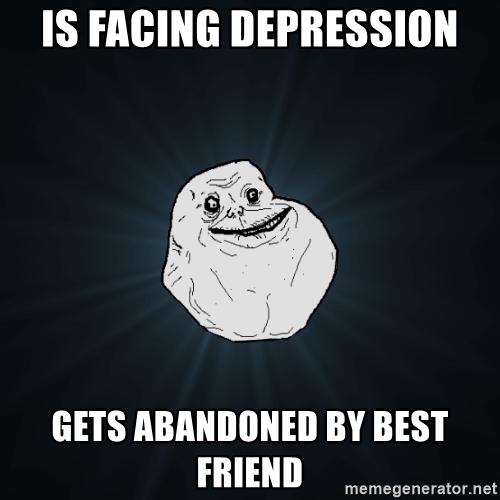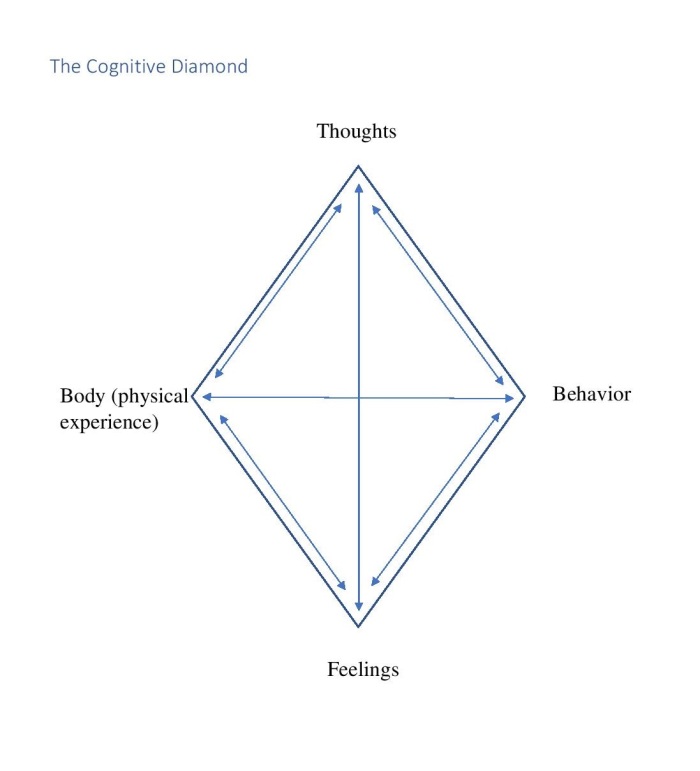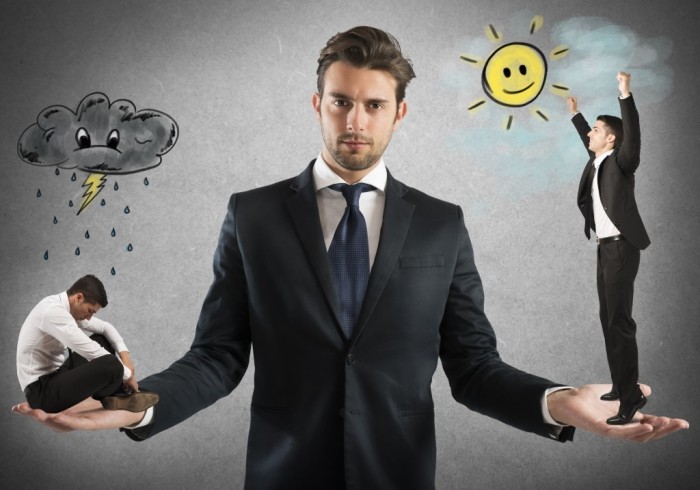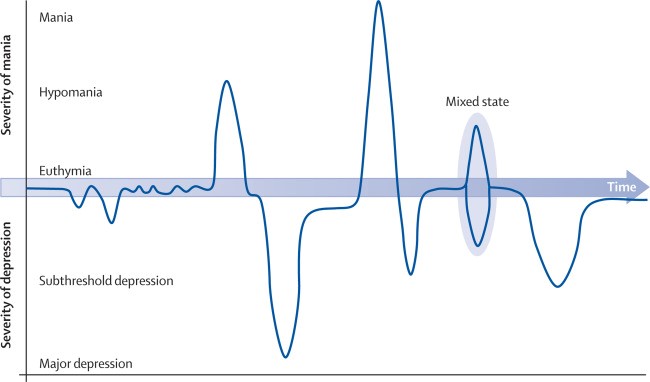Don’t feel like reading? Listen to the audio version here:

First of all, I apologize for accidentally posting a post without any content. I’ve been so busy that I absolutely forgot that it’s Tuesday. Sorry ’bout that… anyway, let’s get on with it.
I’ve felt abandoned by quite a few friends in my lifetime. Friends I thought I could count on. It’s heartbreaking every time. But, as years have passed, and I look back on what happened, I feel like I can understand – or at least respect or acknowledge – their side of the story. Of course, their side of the story is what I imagine it to be, in order to make sense of it all.
I was bullied for most of folkeskolen (primary/elementary school), so from I was around the age of 8 to 16. I was the nerd, the redhead, the weak link. I was the girl the teachers liked (most of them anyway), the one who did her homework and did well in school. I was a very easy target. On top of that, I had quite the temper (even worse than now), so teasing and bullying would always provoke a reaction from me.
I mainly had one friend for most of my primary/elementary school life. Let’s call her Marlie, out of respect for her. We’re still in touch to this day, and we’ve put the past behind us. Now we can just laugh about it. And, of course, this is my version of what happened, and I’ve also forgotten so much. Anyway, so Marlie was pretty much my only friend in my class for many years. I had a few other friends that were older than me, who I’ve known since kindergarten (and are still friends with to this day), but not anyone else in my class. However, as there were periods of more serious bullying, or if we’d had a fight, she would go to “the dark side,” meaning leave me behind and make friends with the bullies. When it was safer to be friends with me, she’d come back. And I’d always welcome her with open arms.
Until I finally had had enough. Here in Denmark, we’re confirmed around the age of 13-14, usually on a Saturday or Sunday. On the following Monday, we all get a day off from school. That day is called Blue Monday. It’s basically a day where we can all go spend the money we got as presents at our confirmation parties. A common thing to do is to spend the day in Tivoli (amusement park in Copenhagen) with your whole class. Now, the only reason I decided to go was because Marlie had promised me that we would seperate ourselves from the group and just run around and have fun on our own. But when the day came, she told me that her cousin (who was a year younger than us and with whom I would fight over Marlie’s attention) was coming, too. She was just gonna skip school and join us. And it didn’t take long for those two to run off by themselves. That left me alone with the rest of the class who didn’t like me. And I certaintly didn’t like them. It got very, very awkward – because everyone wanted to have a nice day, but they didn’t know how to act around me if they weren’t being mean.
When I got home, I ate my face (the only piece of the cake that hadn’t been eaten at the party – apparently no one wanted to eat my face except me), cried my eyes out, and swore never to talk to her again.
So, the next day, when Marlie came over to me in class and said hi, I didn’t even look at her. We didn’t speak to each other for a whole year. Then we entered our final year of school before we were all to be scattered to either high schools or tech schools or whatever, and we decided to bury the axe and be friendly and civil.
We pretty much lost touch right after we finished school, but years and years later, we reconnected on LinkedIn. We talk once in a while, but we don’t live close, and we each have our own seperate lives.
In retrospect, I understand how hard it must have been to basically be the only friend of this girl who was bullied by everyone else. Because, of course, they often took it out on her, too. It couldn’t have been easy, and I don’t blame her for it anymore.
The worst case in relatively recent years was with a girl I used to study Japanese with. We bonded almost immediately (she’s older than me, is married, and now has one or two kids – so I’ve gathered from online stalking). She became like a big sister to me. We were in the same study group, would hang out outside of classes, and we just got very close. At least, that’s what I thought. And I had no idea that I’d made friends with her when I was in fact having a hypomanic episode.
We both decided to go to Japan during our third semester, to kind of get re-inspired to continue with Japanese studies. We went to Fukuoka’s Women’s University, as I think I’ve mentioned in a previous post. I’ll definitely want to write a whole post about that experience later on. But, for now, let’s try to stay on topic.
Long story short: I went into a deep depression, and she abandoned me. From one day to the next, she simply stopped hanging out with me and stopped talking to me altogether. She’d barely even greet me when we walked past each other. She’d found some other people to hang out with, people who were much more fun to be around. And I felt utterly miserable and alone. And betrayed.
Somehow I’d magically made some other friends there (two swedish girls, a belgian girl, and a few others) who were there for me during that awful time. But the fact that the one person I thought I could count on just left me like that… it was so hard.
Later on, I was told that the girl had told someone that she’d basically just found me too depressing to be around. At the time, I was pissed. Disappointed. Really? You’re only my friend when I’m happy, but not when I’m sad? What kind of shitty person are you? I guess I never meant as much to you as you did to me. I guess we weren’t that close after all.
Years later, I realize that it’s not that simple. She was in Japan, struggling with her studies as well, and just wanted to get the best out of her stay there. I was bringing her down, big time. It’s hard for someone to handle, especially considering the fact that she met me when I was hypomanic! She probably felt hopeless and scared that I might take her down with me. So, she did the only thing she could think of: leave me behind. And we never spoke again.
People are not always as resilient and strong as we think they are. Sometimes we expect way to much of people – I’m definitely guilty of that. Even some of my closest friends have had to distance themselves from me during depressions, which caused us to lose touch for long periods of time. Yes, I blamed them, to a certain extent. But I mainly blamed myself. After all, I was the reason they abandoned me. I was the problem. Of course they wouldn’t want to be friends with me. I don’t deserve friends.
And so on.
What I’m trying to work on these days is lowering my expectations, both of others, but also of myself. I try my best to be a good friend to everyone, but I also have my limits, as do everyone. It’s so important to recognize when it becomes too much, then take a step back, but in the most respectful way possible. I strongly believe that a one-sided friendship isn’t healthy; there has to be room for both. And if, for a time, that’s not possible, then perhaps it’s time to find someone else to lean on for a little while. It can be another friend, a partner, a doctor, a family member. Giving your friend a breather can sometimes be a way of preserving a healthy relationship. It’s not easy, and, as my motto goes, communication is key! Talk to them about. Ask them how they’re feeling, and ask them if everything is becoming a bit too overwhelming for them.
I’ve cried a lot of tears when people have just stood up and walked away from me. I’ve ben sad and confused and been through a lot of hurting. It still happens, but rarely; and when it does, I’m much better at handling it than I was 6 years ago. Better late than never, right?






